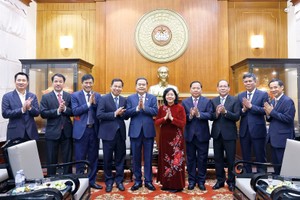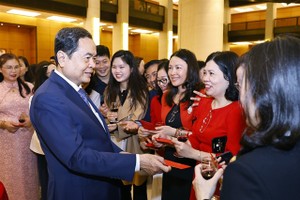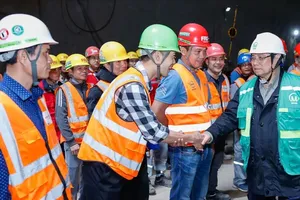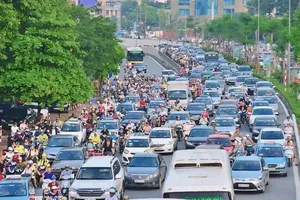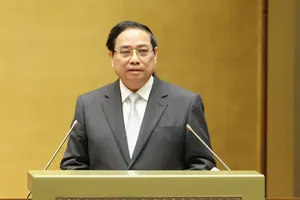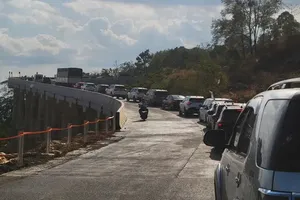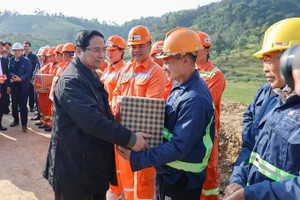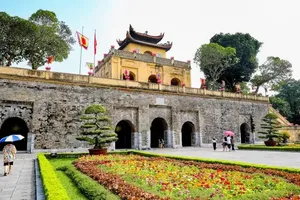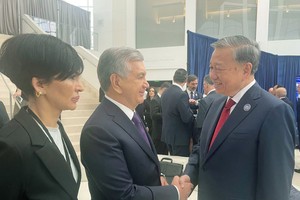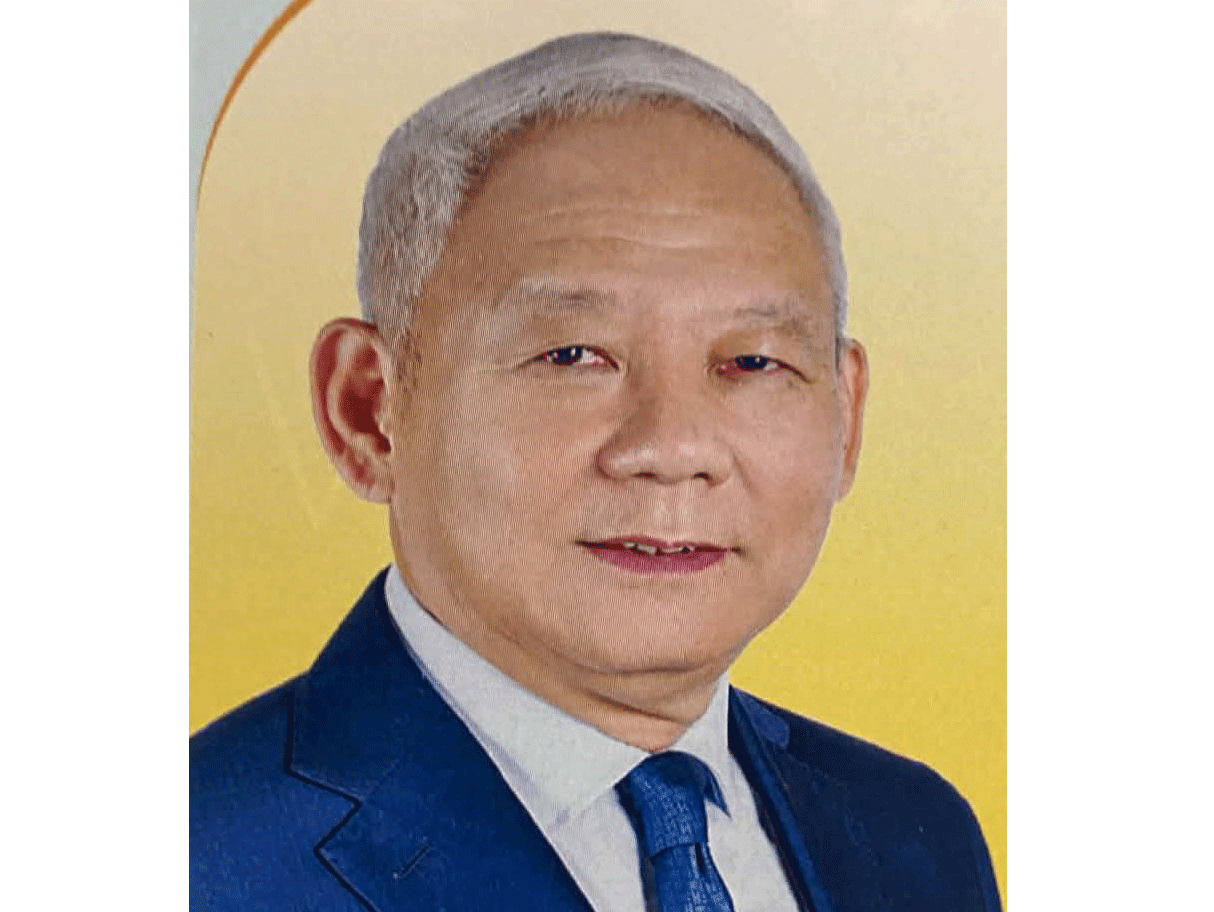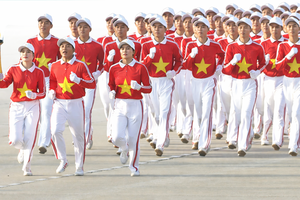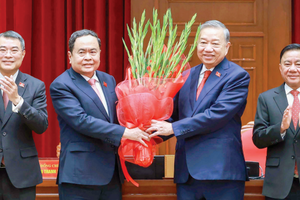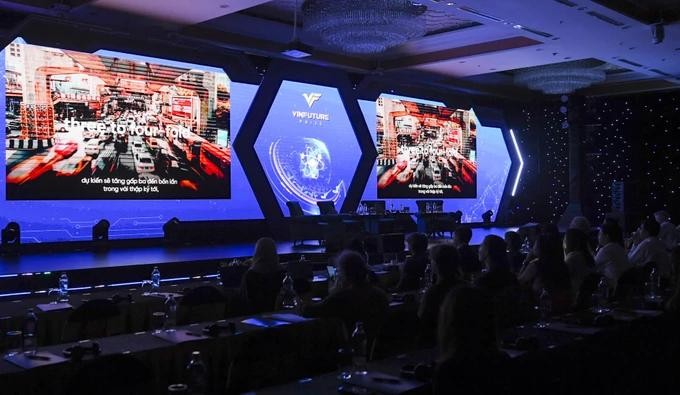
According to Associate Professor Ho Quoc Bang from Ho Chi Minh City National University, air pollution in large cities such as Hanoi and Ho Chi Minh City mainly comes from traffic, industrial production and the use of fossil fuels.
In Hanoi, it is estimated that there are approximately 6 million motorbikes and 690,000 cars, in addition to around 2,000 industrial factories. These factors significantly contribute to the emission of pollutants, including carbon monoxide (CO), sulfur dioxide (SO2), and fine particulate matter. Conversely, Ho Chi Minh City has an estimated 7.4 million motorbikes, with traffic-related pollution being the predominant source, particularly concerning nitrogen oxides (NOx), which are highly toxic and pose direct risks to human health and the environment, as well as black carbon emissions.
At the seminar, Professor Yafang Cheng from the Max Planck Institute for Chemistry in Germany pointed out that pollution from fine particles is the primary culprit of 9 million premature deaths each year. She also explained how meteorological factors, such as the low troposphere in winter, cause pollutants to accumulate in urban areas, increasing smog and causing more severe pollution.
To address air pollution caused by traffic, Professor Daniel Kammen proposed accelerating the production of electric vehicles and renewable energy sources. He emphasized the importance of developing cost-effective sodium-ion or non-metal battery technologies to minimize dependence on fossil fuels.
However, he warned that the existing rate of transition is insufficient to meet sustainable development objectives. California has implemented a policy to prohibit the sale of new emission-free vehicles by 2030, representing a significant advancement in the shift towards environmentally friendly transportation.
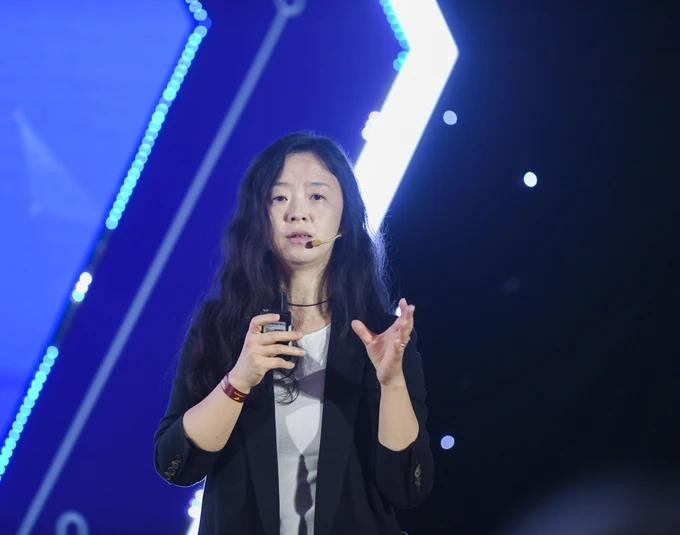
Professor Susan Solomon of the Massachusetts Institute of Technology advocated for the accelerated adoption of electric vehicles, particularly motorcycles and buses, as a strategy to mitigate urban air pollution. She emphasized the critical need for supportive policies to reduce costs and enhance the accessibility of these clean transportation options.
The experiences shared from Beijing, China, where Professor Yafang engaged in research, illustrate the success of energy conversion initiatives. The transition from coal to natural gas in residential neighborhoods has markedly decreased air pollution, particularly during the winter months when conditions are less favorable.
Concurrently, Beijing is advancing the adoption of clean energy and sustainable transportation options, such as electric vehicles, which not only mitigate pollution but also stimulate economic growth.
Professor Yafang highlighted the need for a multifaceted approach, including infrastructure investment, public awareness campaigns, and the provision of clean energy sources, to successfully implement this model. She underscored the importance of securing community support and consensus as a key factor in achieving positive outcomes.
She commented that to reduce air pollution requires international cooperation and long-term investment. Although the initial costs may be high, the long-term environmental and health benefits are invaluable. It is necessary to build financial support mechanisms, encourage businesses and people to participate while fostering partnerships with international research funds and environmental organizations to develop sustainable solutions for the future.

